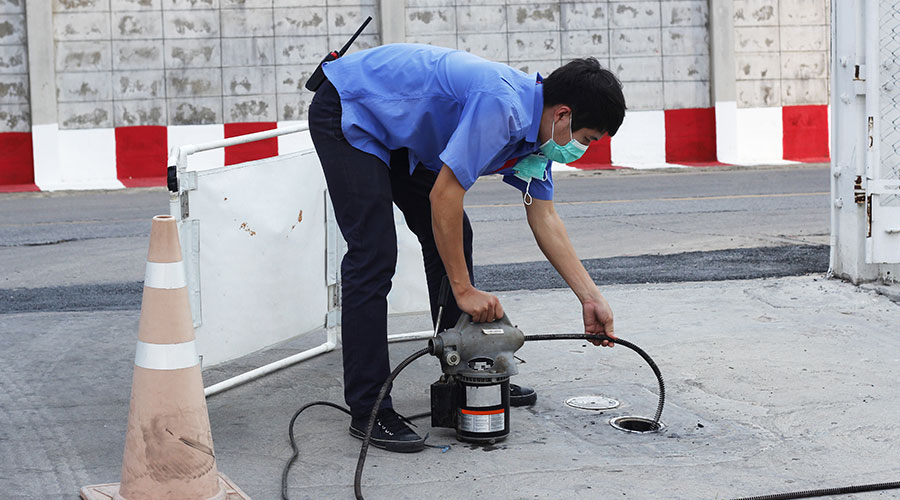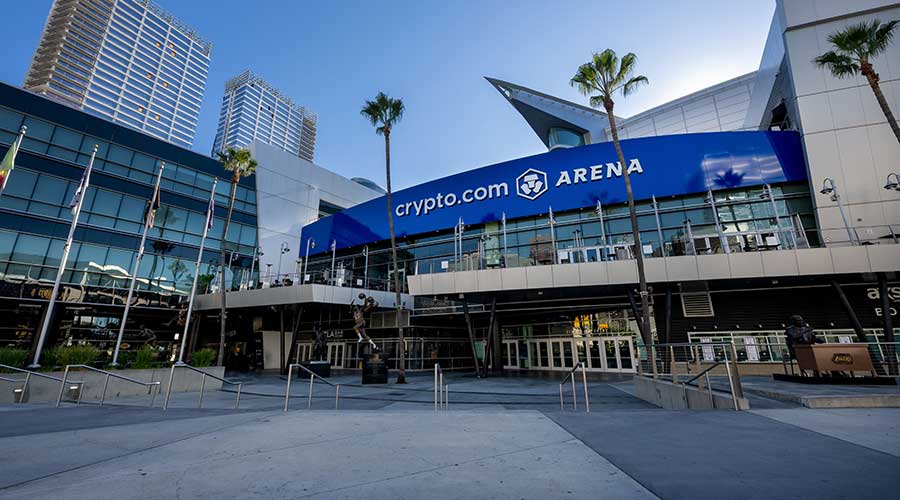Department of Energy Partners with Universities to Advance Nuclear Energy Research
The U.S. Department of Energy (DOE) will award $5.7 million to nine universities for research grants under the Nuclear Energy Research Initiative (NERI).
The U.S. Department of Energy (DOE) will award $5.7 million to nine universities for research grants under the Nuclear Energy Research Initiative (NERI).
The grants are designed to strengthen and focus DOE’s research for the Generation IV Nuclear Energy Systems Initiative and the Nuclear Hydrogen Initiative.
“These awards demonstrate our commitment to pursuing nuclear research, and we are eager for our next generation of scientists and engineers to make scientific breakthroughs that will help diversify our nation’s energy sources,” says Dennis Spurgeon, DOE Assistant Secretary for Nuclear Energy. “Supporting education and training is critical to developing secure, competitive and environmentally responsible nuclear technologies to serve the present and future energy needs of the United States.”
Selected universities will contribute to the development of advanced nuclear technologies through a variety of projects. Each project’s lead university will contribute an additional 20 percent cost share, totaling $7.4 million.
The following university teams will receive awards:
Generation IV Nuclear Energy Initiative:
Establishing a Scientific Basis for Optimizing Compositions, processing paths and fabrication methods for nanostructured ferritic alloys for use in advanced fission energy systems
University of California-Santa Barbara
Santa Barbara, Calif.
An Advanced Integrated Diffusion/Transport Method for the Design, Analysis and Optimization of the Very-High Temperature Reactors
Georgia Institute of Technology
Atlanta, Ga.
Idaho National Laboratory
Idaho Falls, Idaho
Pennsylvania State University
State College, Pa.
Materials and Design Methodology for Very High Temperature Nuclear Systems
University of Illinois-Urbana
Urbana-Champaign, Ill.
Stress Engineering Services
Houston, Texas
Implications of Graphite Radiation Damage on the Neutronic, Operational, and Safety Aspects of Very-High Temperature Reactors
North Carolina State University
Raleigh, N.C.
Oak Ridge National Laboratory
Oak Ridge, Tenn
Idaho National Laboratory
Idaho Falls, Idaho
Experimental and CFD Analysis of Advanced Convective Cooling Systems
Texas Engineering Experiment Station (Texas A&M)
College Station, Texas
Advancing the Fundamental Understanding and Scale-up of TRISO Fuel Coaters Via Advanced Measurement and Computational Techniques
Washington University in St. Louis
St. Louis, Mo.
Fission Product Transport in TRISO-Coated Particle Fuels: Multi-Scale Modeling and Experiment
University of Wisconsin-Madison
Madison, Wis.
Emissivity of Candidate Materials for VHTR Applications: Role of Oxidation and Surface Modification Treatments
University of Wisconsin-Madison
Madison, Wis.
Nuclear Hydrogen Initiative:
Optimization of Heat Exchangers
University of California- Los Angeles
Los Angeles, Calif.
Liquid Salts as Media for Process Heat Transfer from VHTRs: Forced Convective Channel Flow Thermal Hydraulics, Materials, and Coatings
University of Wisconsin-Madison
Madison, Wis.
Related Topics:











